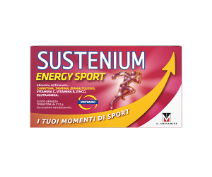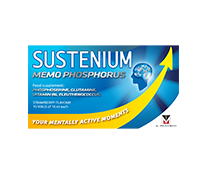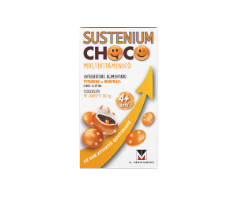Summer is a warm and colorful season but it can hide a challenge for our body. Cope with these changes is easy and feasible, here are some tips.
Summertime changes
Summer is a very pleasant season: after a long and cold winter, we can eventually enjoy outdoor life and some relaxful holidays. We have more light and our days are longer which means more time to hike the mountains or swimming in the see or simply enjoy life. However, this is only one side of the “summertime coin”.

















